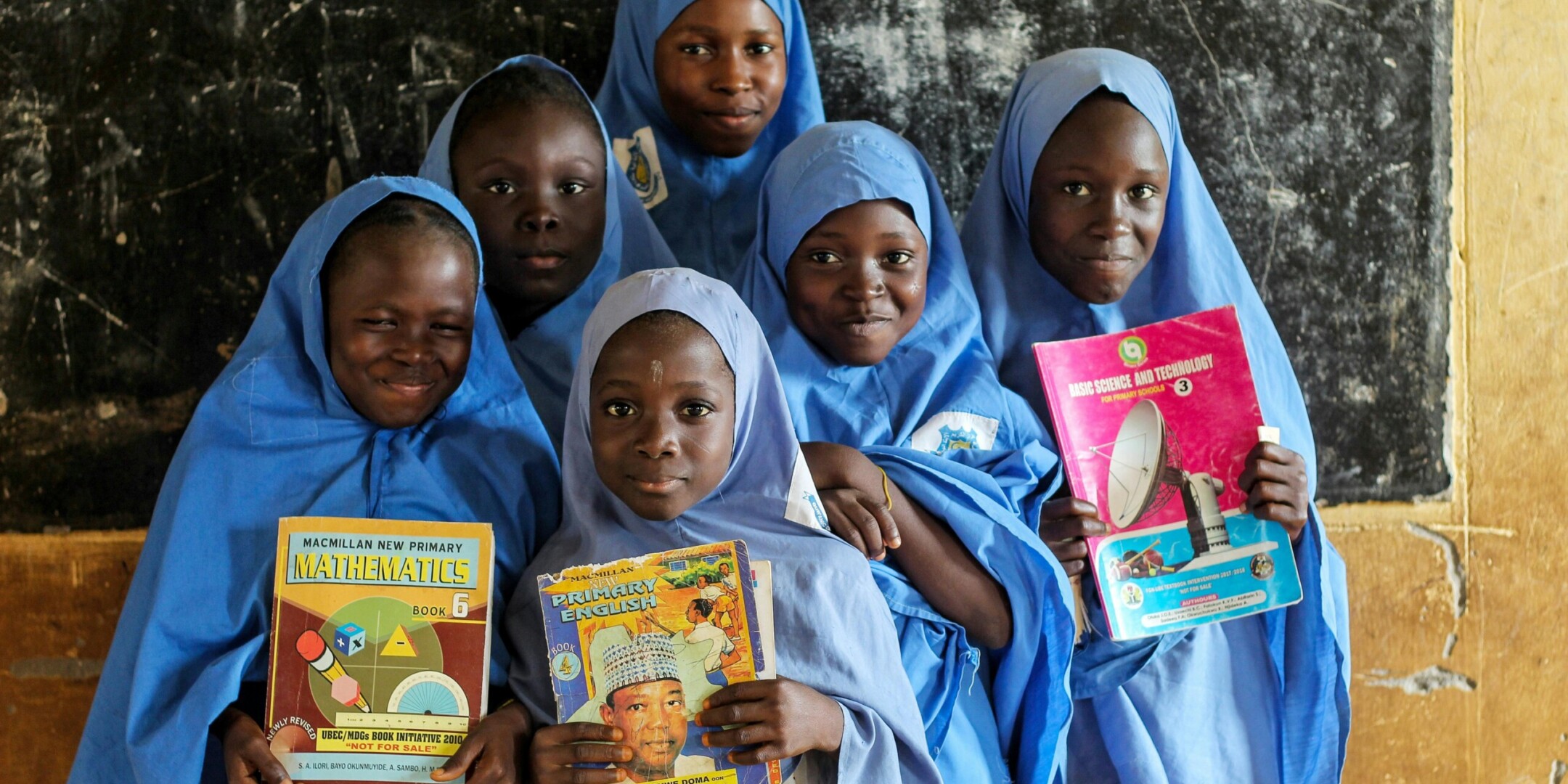
Since 2009 the Centre for Girls’ Education (CGE) in Nigeria has made significant strides in advancing girls’ education, particularly in Northern Nigeria, where cultural and socio-economic barriers often hinder educational access.
CGE implements community-based interventions aimed at increasing enrollment and retention among girls ages 4-24. The program’s holistic approach—incorporating mentorship, scholarships, and community engagement—has fostered a supportive environment for girls to pursue their education. Notably, initiatives such as the Life Skills component of the Adolescent Girls Initiative for Learning and Empowerment (AGILE) in Kaduna and Katsina states have directly contributed to improved academic performance for over 62,064 girls.
As the program seeks to scale its impact, a critical examination of its strategies, successes, and areas for growth reveals valuable insights:
Community Involvement is Essential: The success of CGE is largely attributed to its emphasis on community ownership. Working with Traditional and Religious leaders and parents enhances trust and cultivates a sense of responsibility towards girls’ education. This model is a replicable framework that can be adapted by similar initiatives across diverse cultural contexts.
Addressing Barriers Holistically: Scaling requires addressing the multifaceted barriers faced by girls. CGE’s integration of health, security, and socio-economic support through the Safe Space model showcases the necessity of a comprehensive approach. Future expansions will continue to prioritize tackling of issues like child marriage and maternal health, ensuring that girls’ educational journeys are supported from all angles.
Data-Driven Decision Making: CGE’s programs focus on monitoring and evaluation which has been crucial in identifying successes and areas requiring improvement. This has allowed our interventions to be targeted and inform funders of the impact of their investments in girls education. As CGE scales, maintaining robust data collection and analysis processes will be critical for sustained improvement and accountability.
Financial Sustainability: While funding from donors and international organizations has been invaluable, long-term sustainability requires investment from Federal, State and local governments and communities. Working to develop critical partnerships and advocacy strategies to attract diverse funding sources will be key to embedding program initiatives within local educational systems.
Scalability and Adaptation: Success in one region may not guarantee success elsewhere, CGE’s adaptable model provides a framework for scalability as our program remains flexible, refining strategies and innovations to meet the unique needs of different communities we serve while maintaining the core principles that drives the organization.
Scaling the Centre for Girls’ Education program holds immense potential to transform the landscape of girls’ education in Nigeria. By building on its strengths—community engagement, holistic support, data-driven insights, and sustainability strategies—CGE can expand its reach and impact. The results and insights derived from this journey not only serve CGE but also offer a roadmap for similar initiatives, fostering a more inclusive educational environment where every girl can thrive and be who she wants to be in life.




